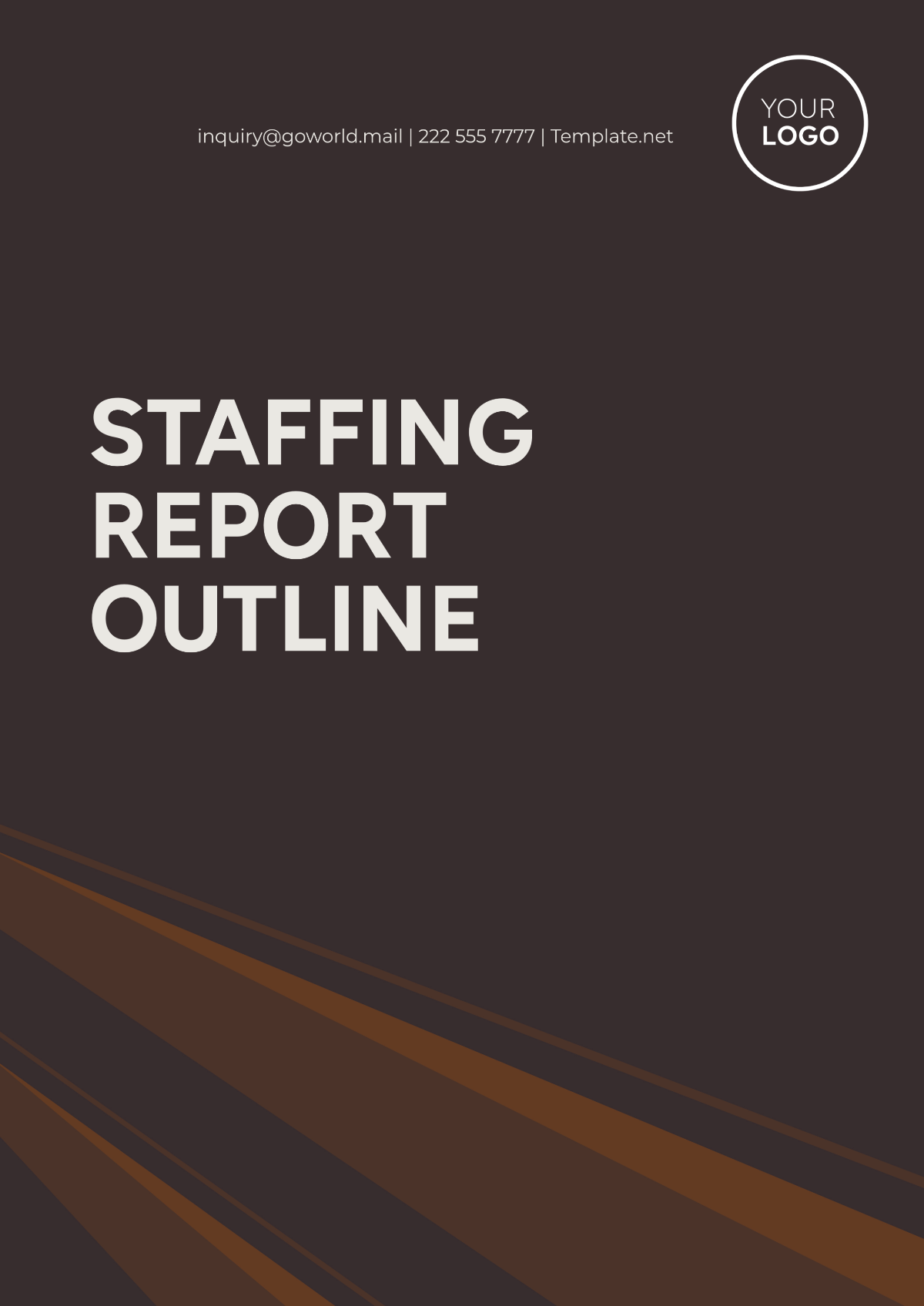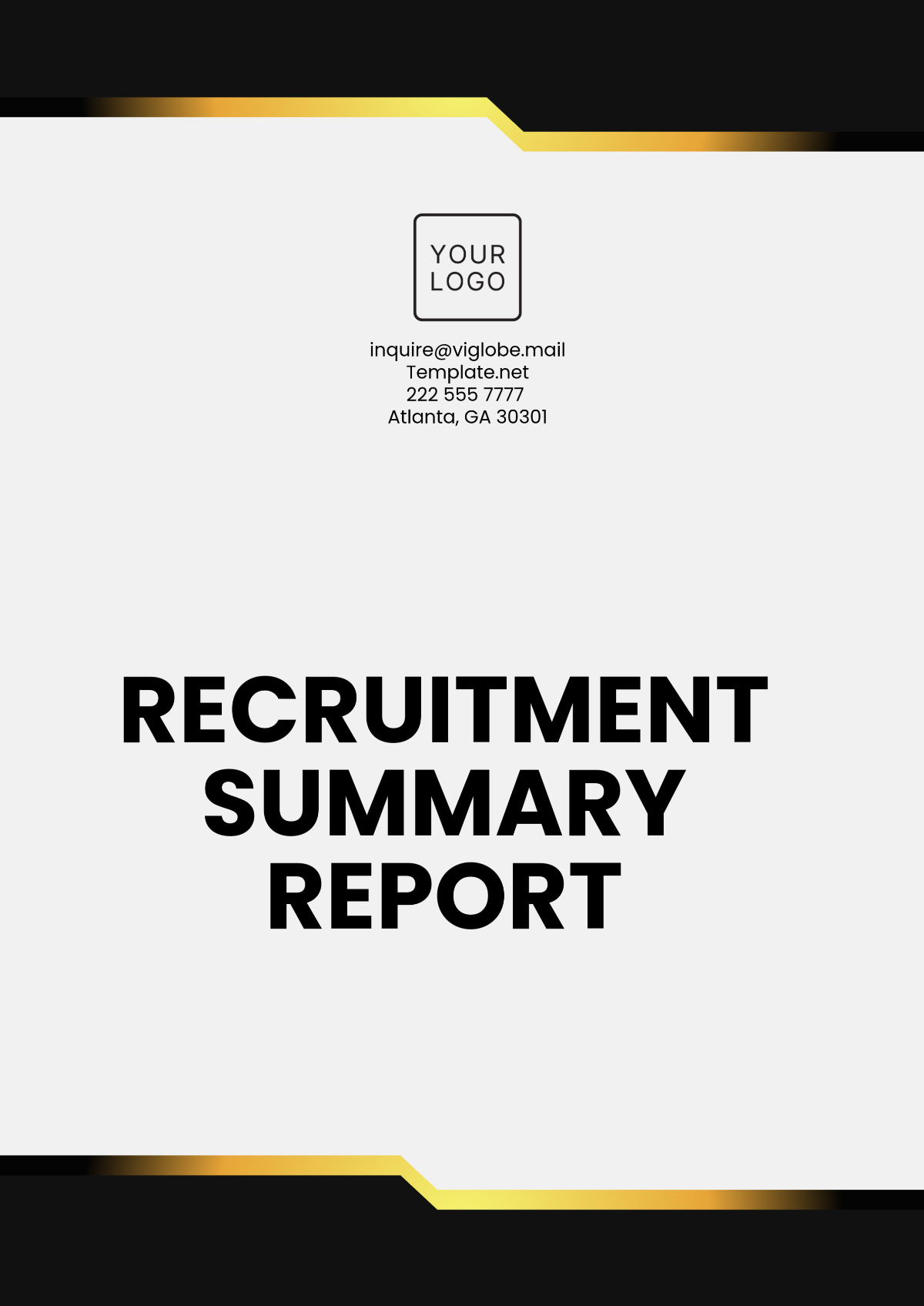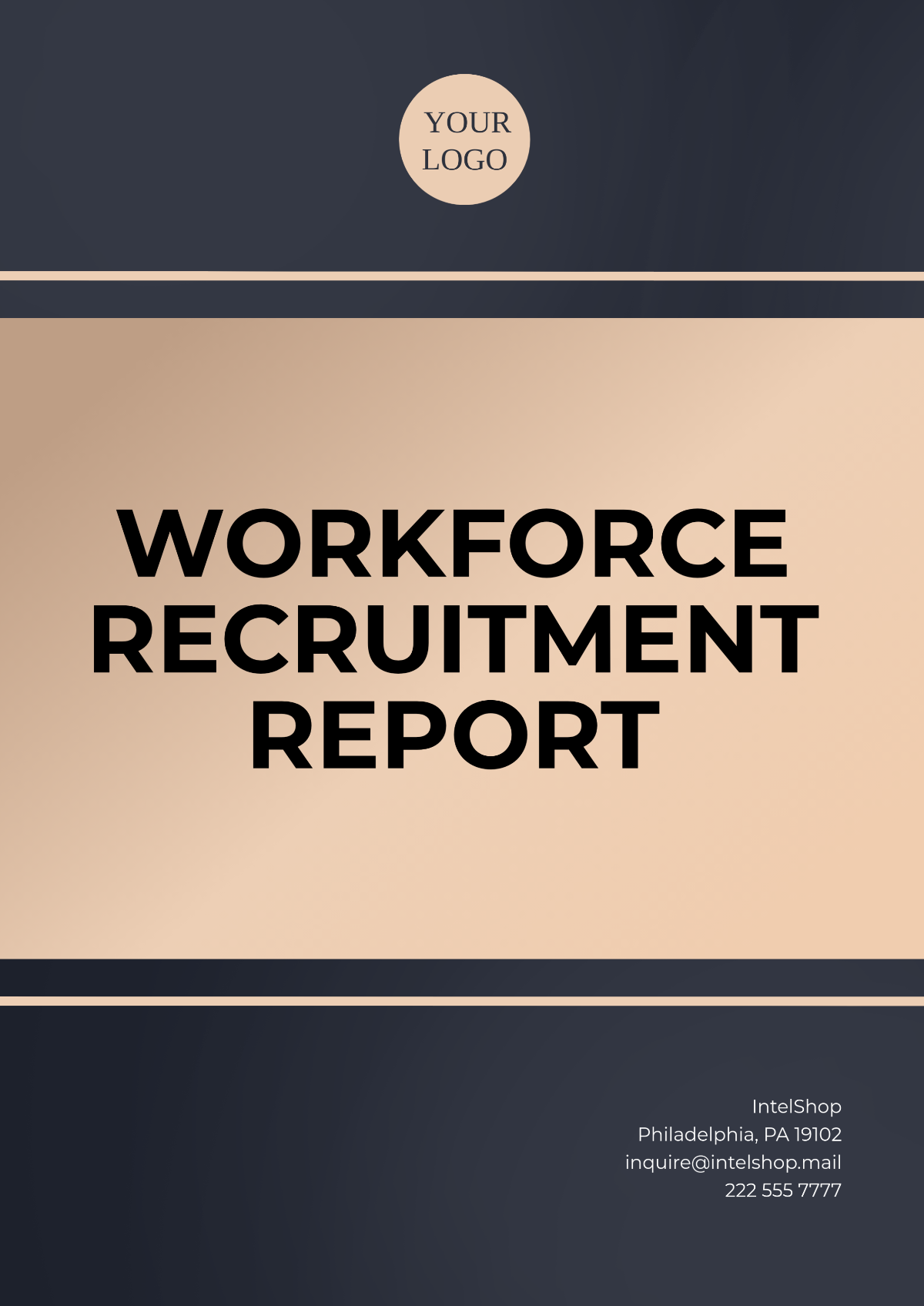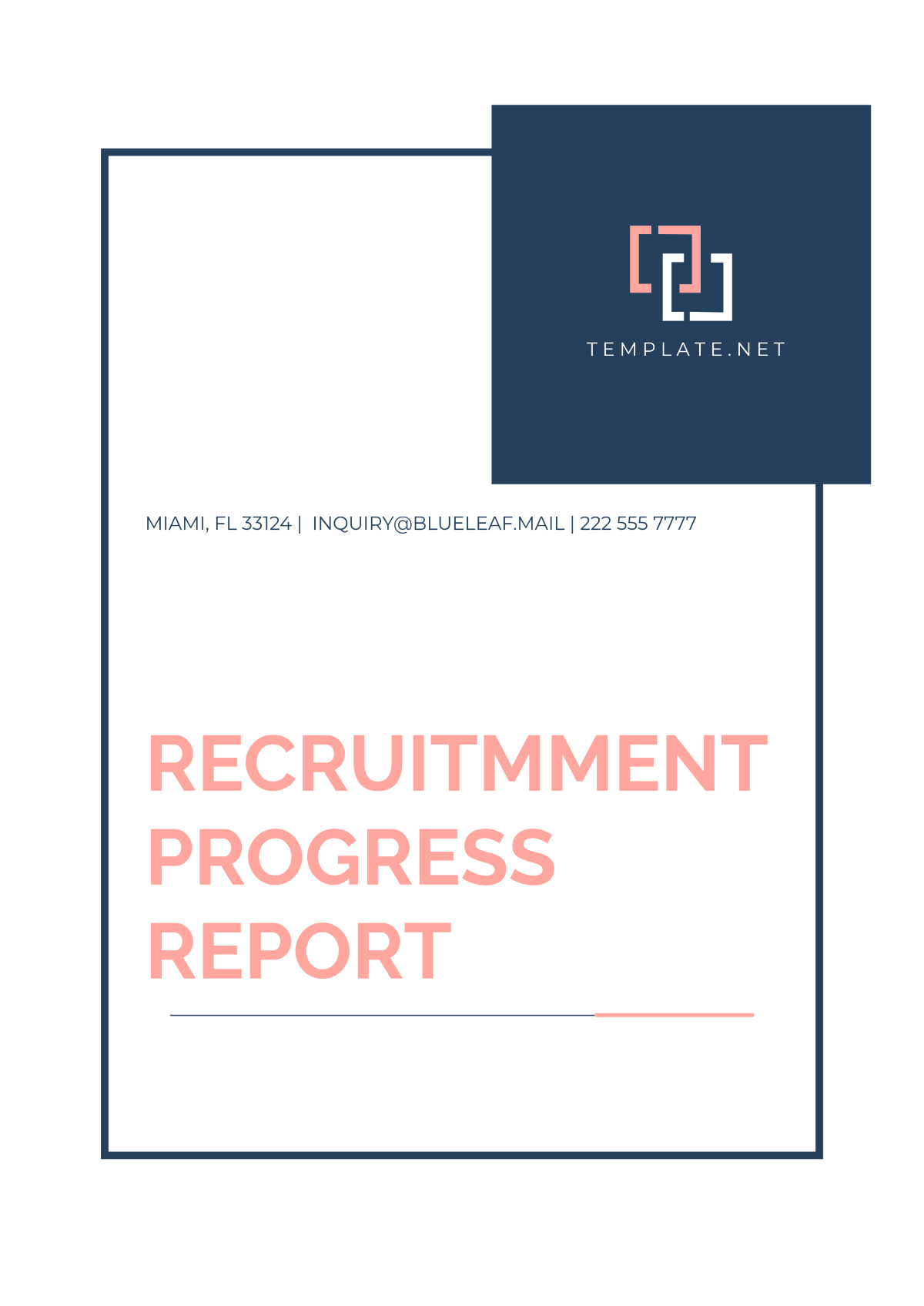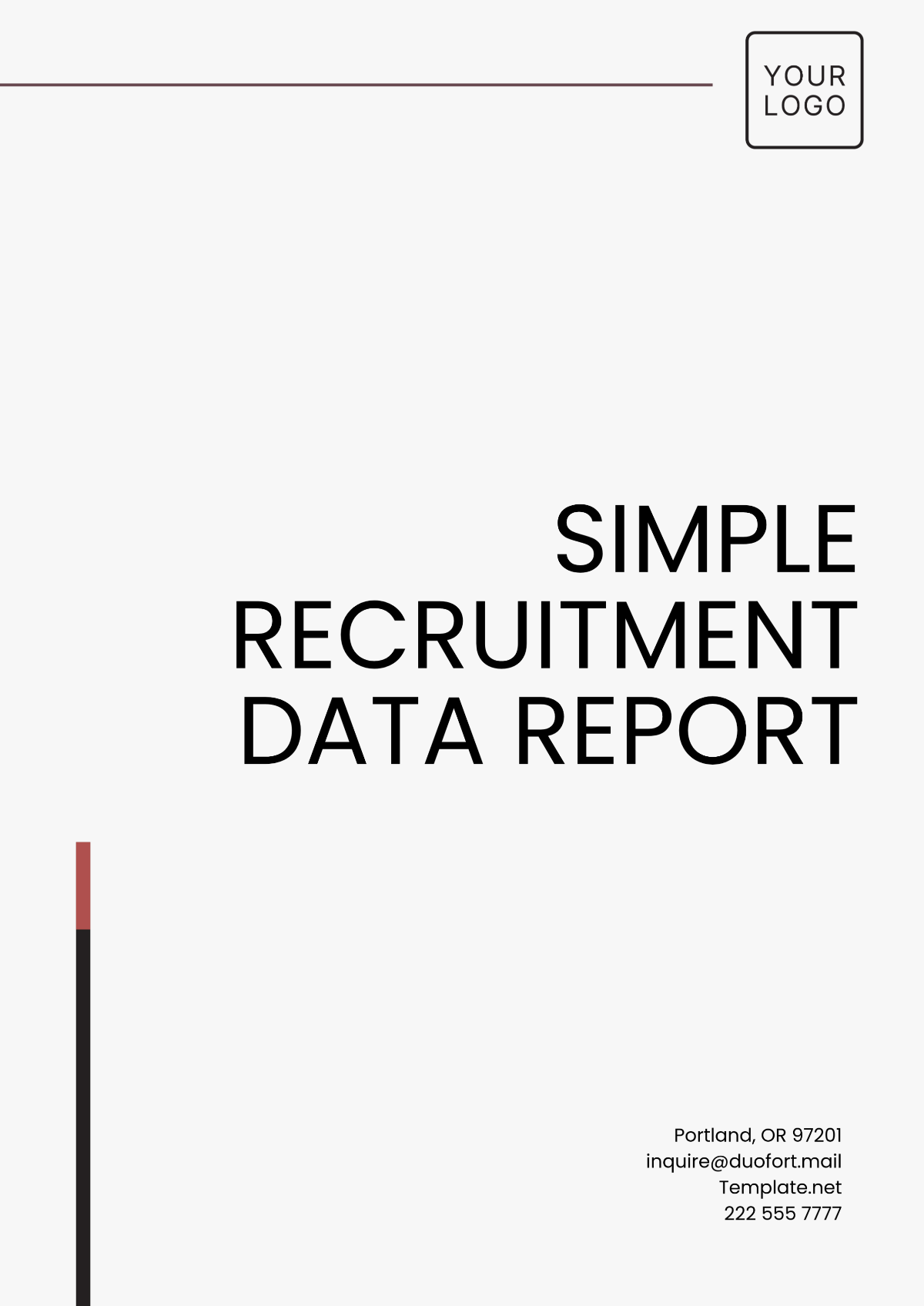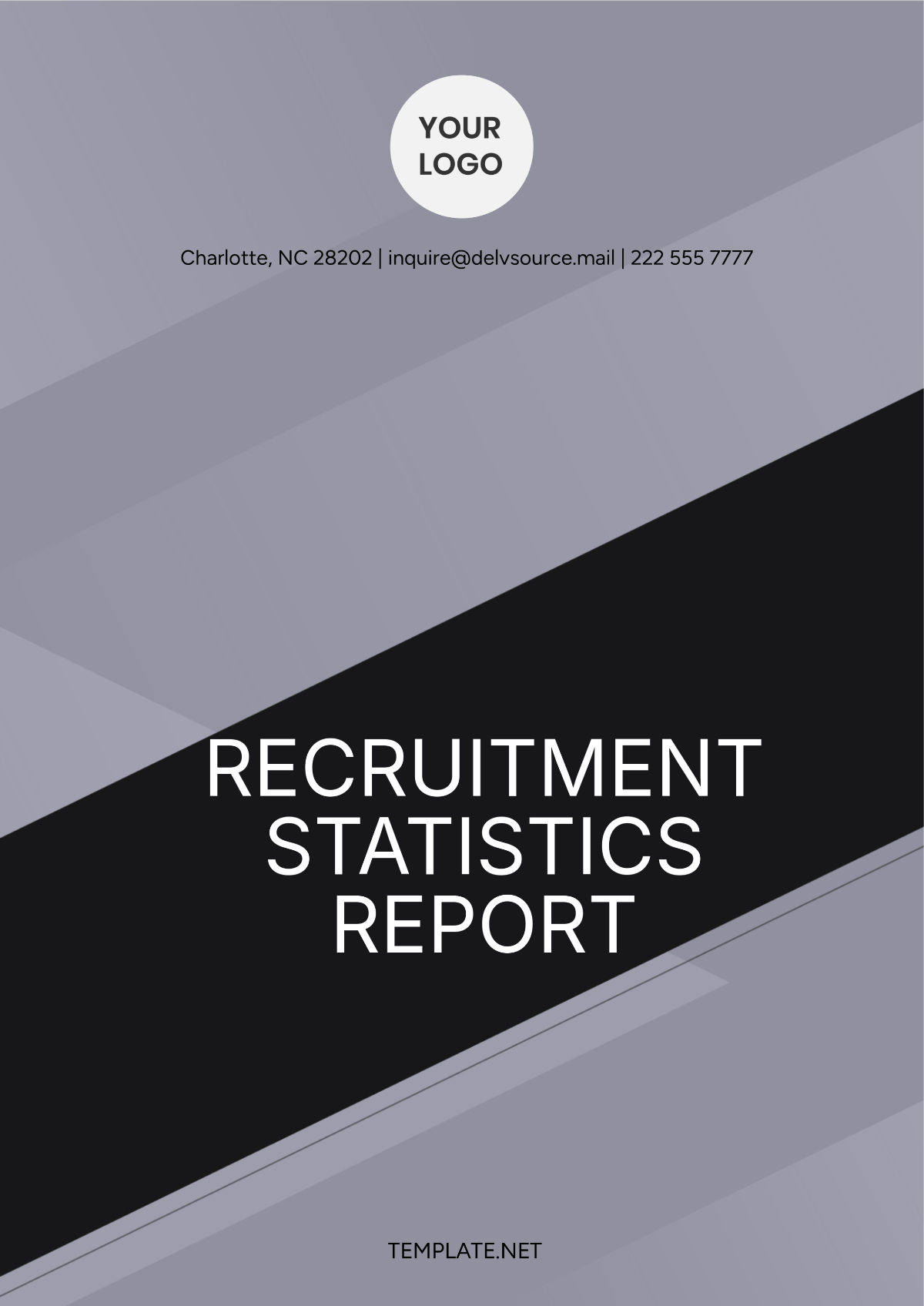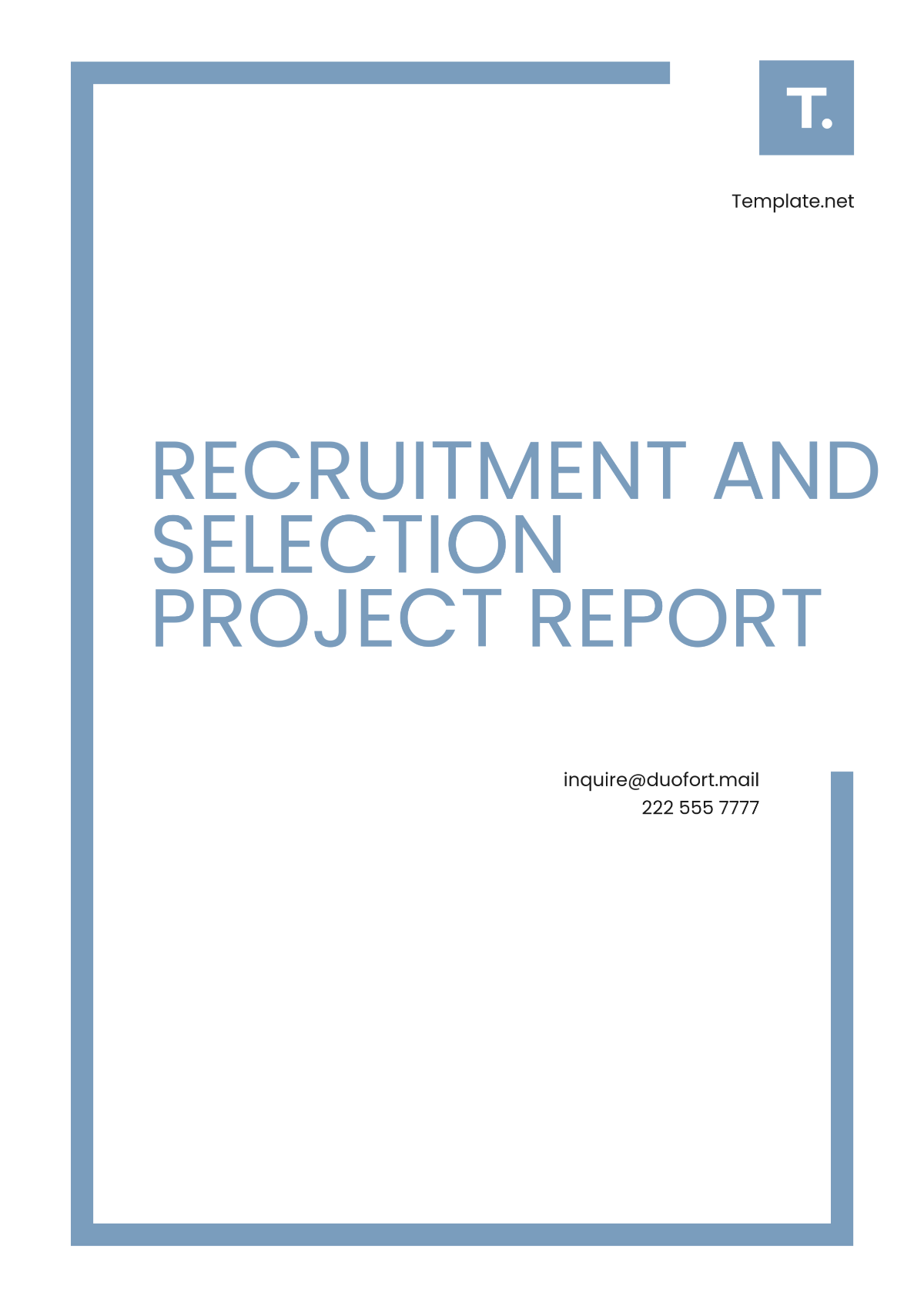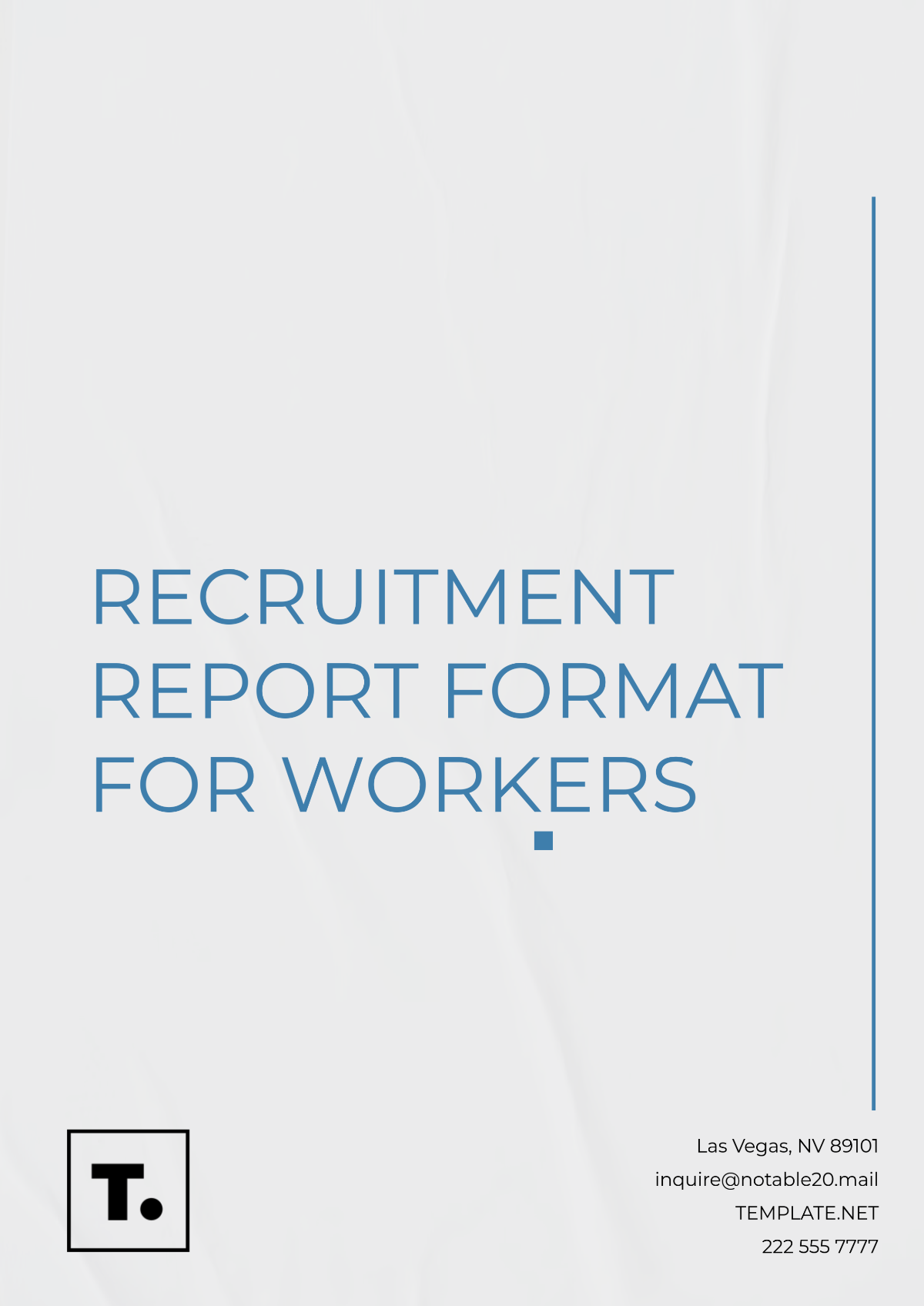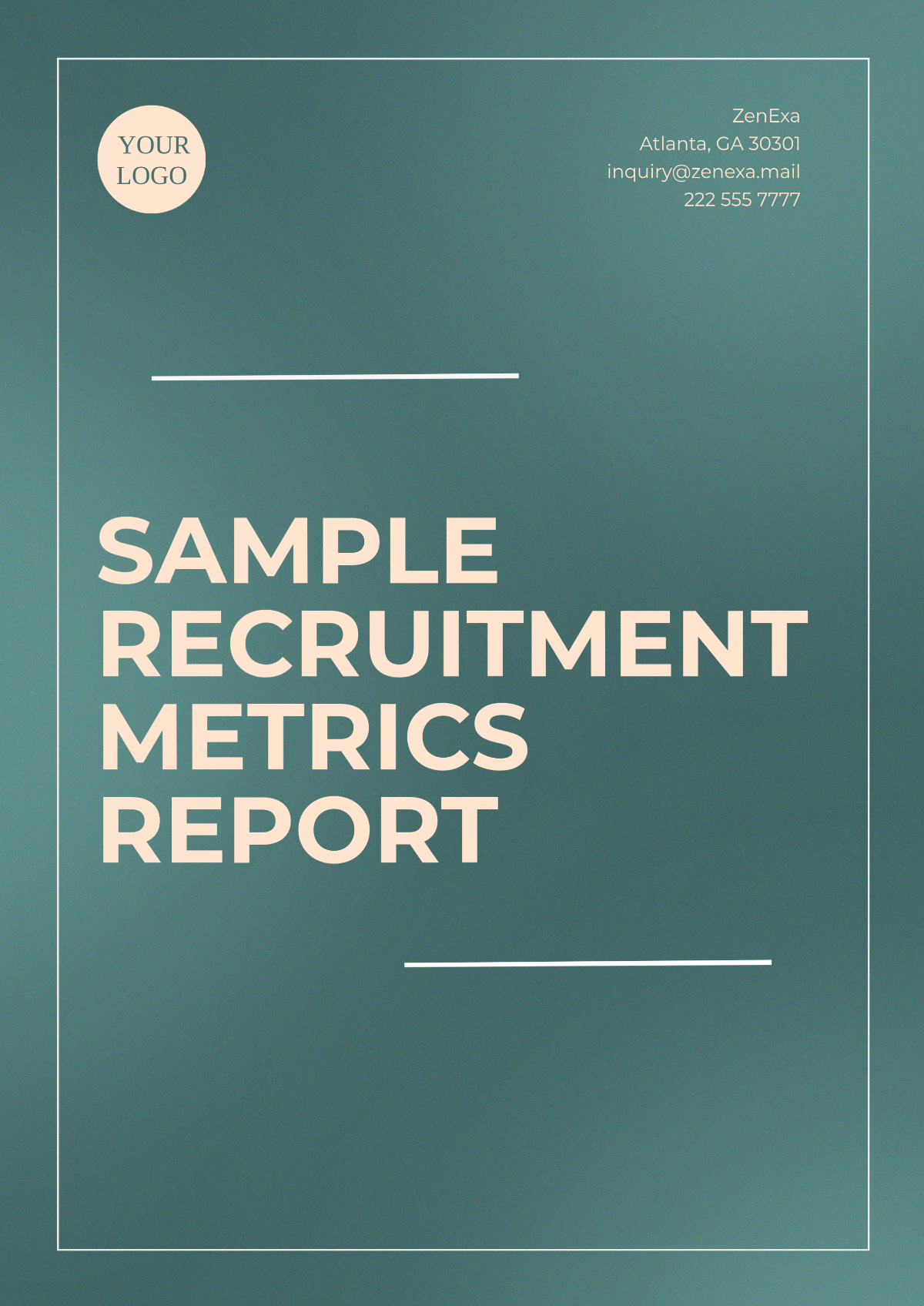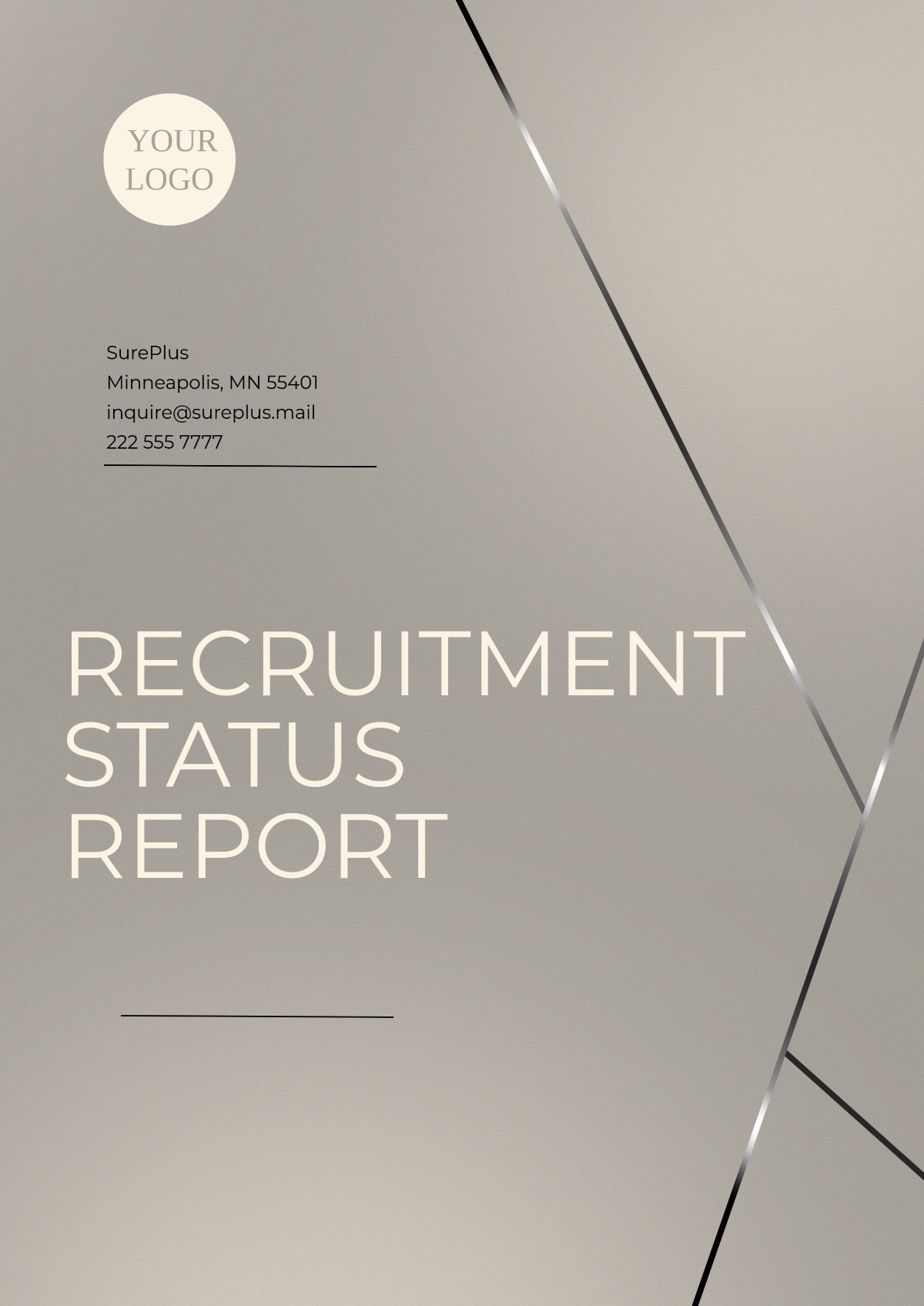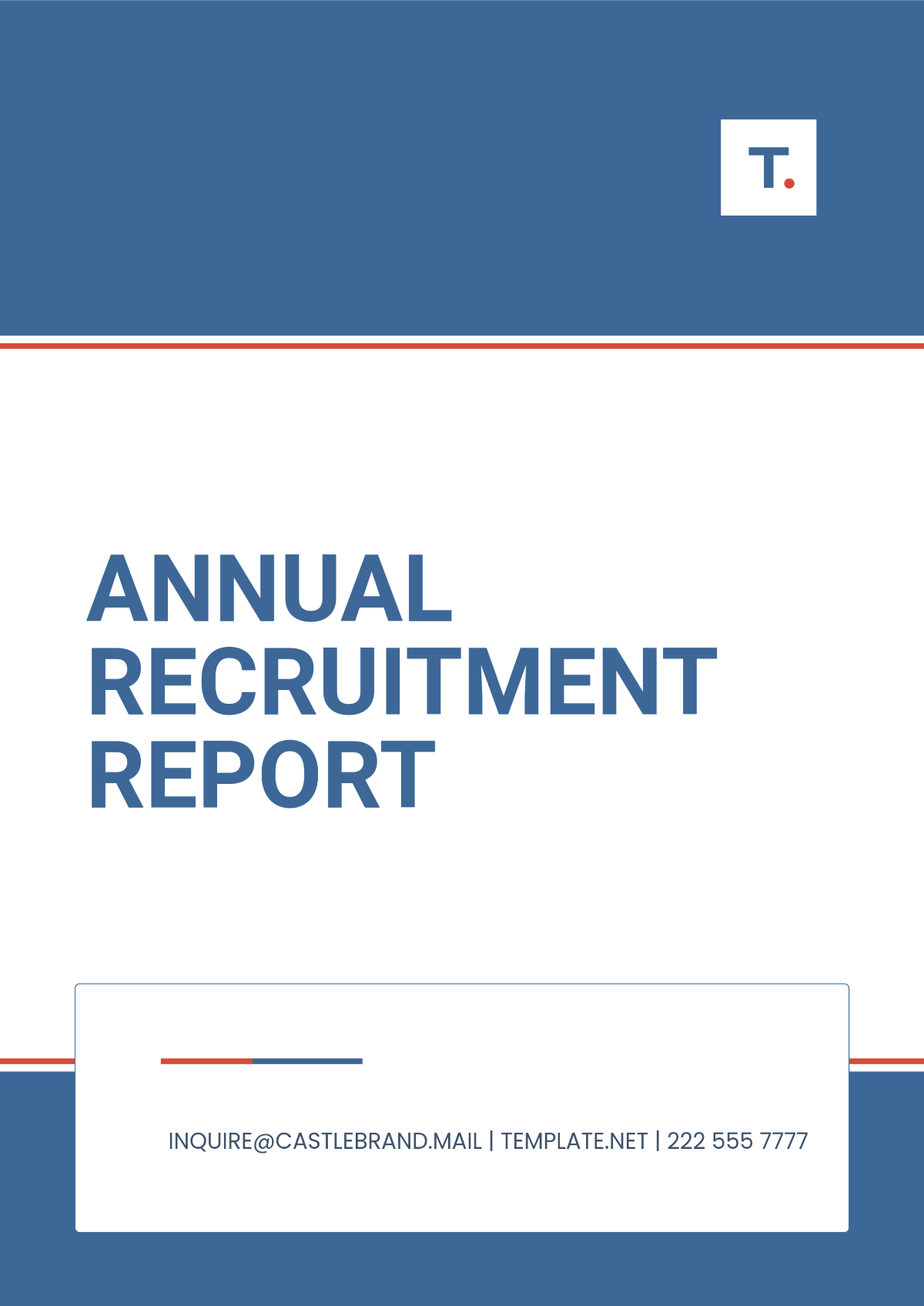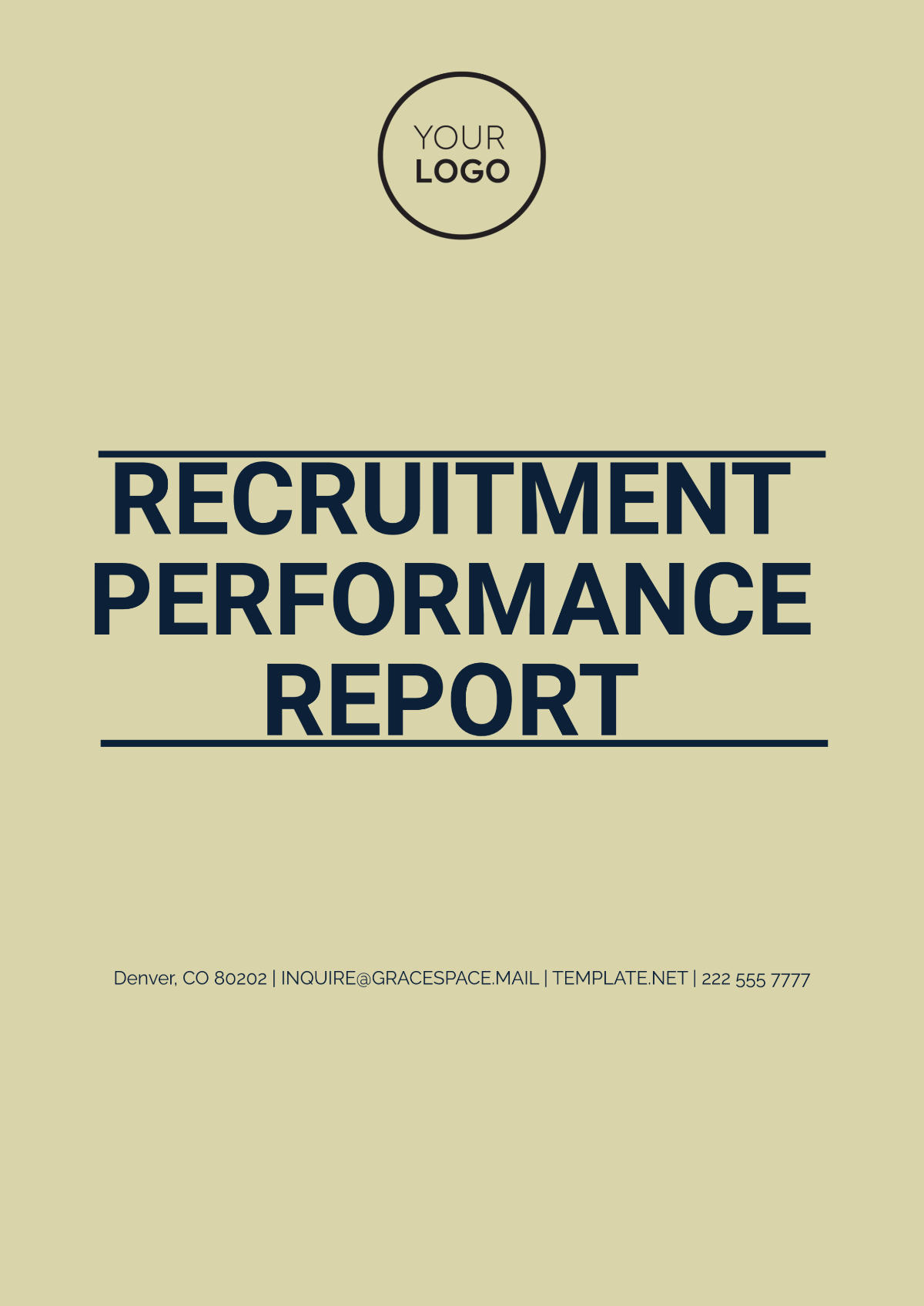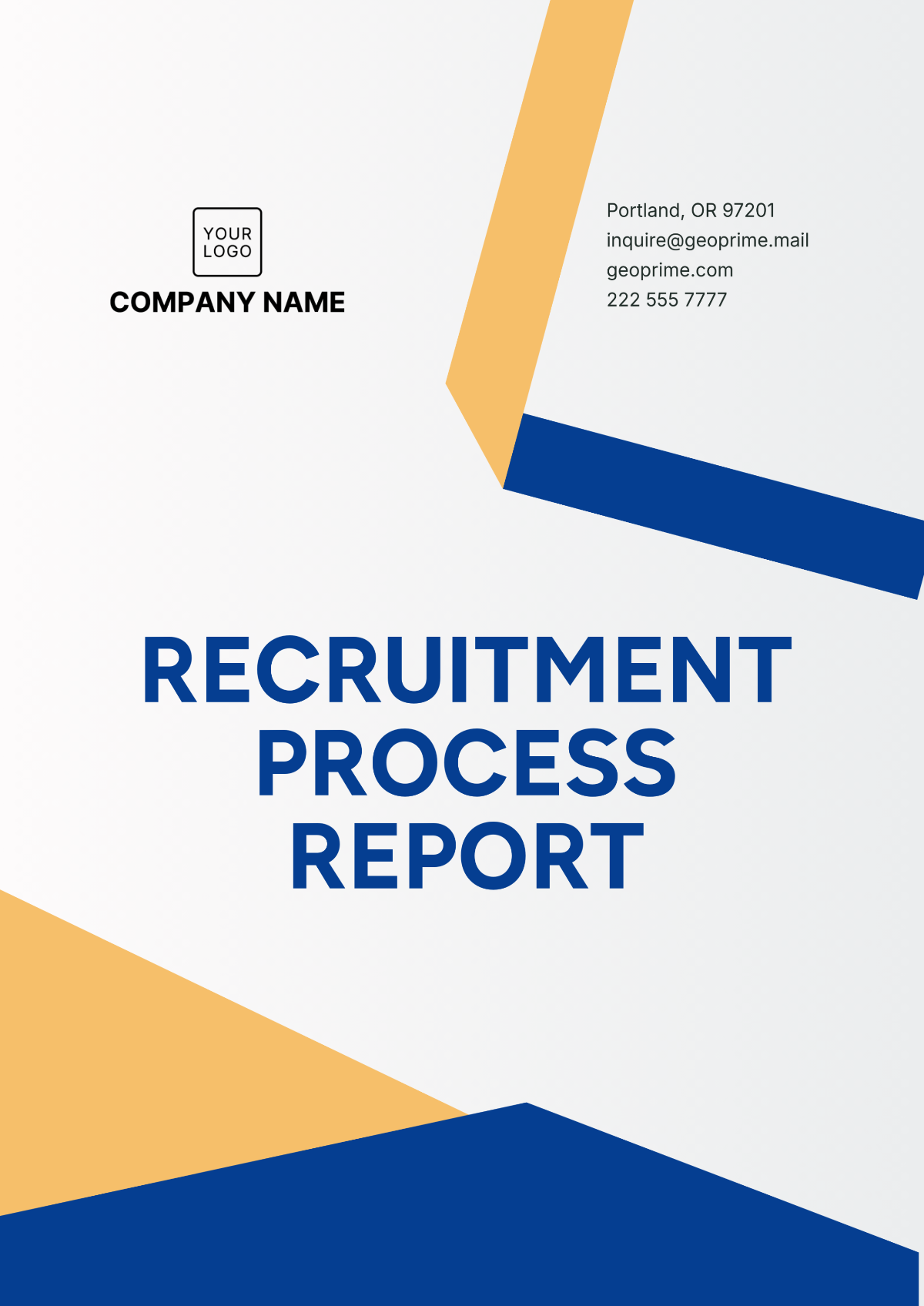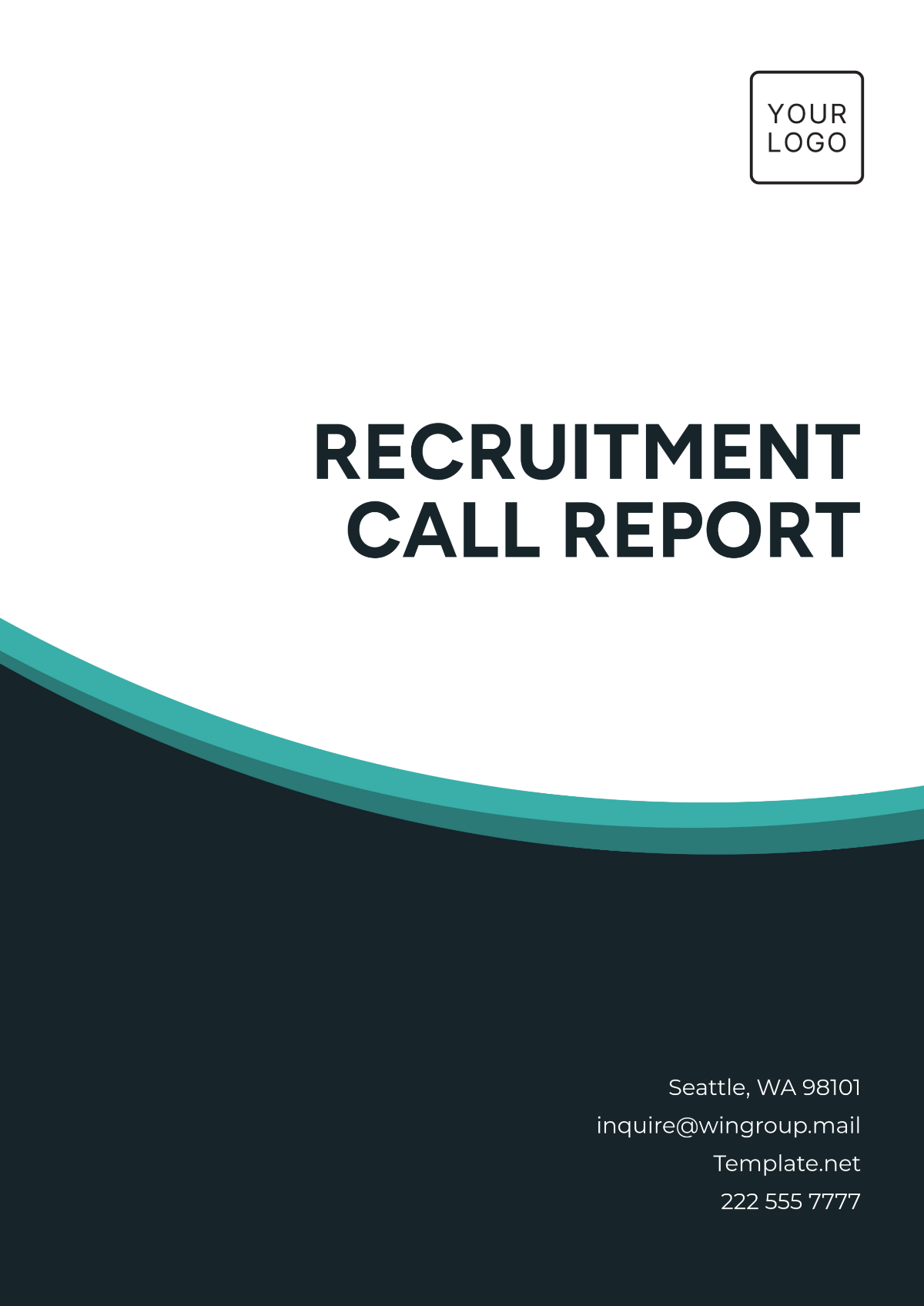Recruitment Selection Report
Introduction
This report provides an in-depth analysis of the recruitment and selection process at [YOUR COMPANY NAME]. The objective is to evaluate the effectiveness of current practices, identify areas for improvement, and offer recommendations for enhancing the overall efficiency and success of our recruitment efforts.
Overview of Recruitment Process
Stages of Recruitment
The recruitment process at [YOUR COMPANY NAME] involves several key stages:
Job Analysis: Identifying the requirements and responsibilities of the position.
Sourcing: Attracting potential candidates through various channels.
Screening: Reviewing resumes and applications to identify suitable candidates.
Interviewing: Conducting interviews to assess candidates' qualifications and fit.
Selection: Choosing the most suitable candidate based on the interview and other assessments.
Onboarding: Integrating new hires into the organization.
Key Recruitment Channels
[YOUR COMPANY NAME] utilizes multiple recruitment channels to attract diverse talent. These include:
Company website career page
Online job portals
Campus recruitment
Employee referrals
Social media platforms
Recruitment agencies
Selection Criteria
The selection criteria at [YOUR COMPANY NAME] are designed to ensure that the best candidates are chosen for the roles. Key criteria include:
Educational qualifications
Relevant work experience
Technical skills and competencies
Interpersonal and communication skills
Cultural fit and alignment with company values
Potential for growth and development
Analysis of Recruitment Outcomes
Success Metrics
The success of the recruitment process is evaluated using the following metrics:
Metric | Description |
|---|---|
Time to Fill | The average duration required to fill a vacancy. |
Quality of Hire | The performance and retention rate of new hires. |
Offer Acceptance Rate | The percentage of job offers accepted by candidates. |
Candidate Satisfaction | Feedback from candidates regarding their experience. |
Challenges Identified
Several challenges have been identified in the current recruitment process:
High competition: Attracting top talent in a competitive job market.
Lengthy process: Extended time to fill vacancies, impacting team productivity.
Cultural misfit: Difficulties in assessing the cultural alignment of candidates.
Limited diversity: Insufficient diversity in the candidate pool.
Recommendations
To address the identified challenges and enhance the recruitment process, the following recommendations are proposed:
Streamline the Recruitment Process
Implement technology solutions, such as applicant tracking systems, to reduce time to fill and improve efficiency in handling candidate data.
Enhance Employer Branding
Invest in employer branding initiatives to attract a broader range of candidates and position [YOUR COMPANY NAME] as an employer of choice.
Diversity Initiatives
Develop targeted recruitment strategies to increase diversity, including partnerships with organizations focused on diversity recruitment.
Improve Interview Techniques
Train hiring managers and interviewers to better assess cultural fit and soft skills during the interview process.
Conclusion
The recruitment and selection process is crucial to the success of [YOUR COMPANY NAME], affecting both the quality of hire and employee retention. By implementing the recommendations outlined in this report, the company can improve its recruitment efficiency, attract top talent, and build a diverse and skilled workforce.

